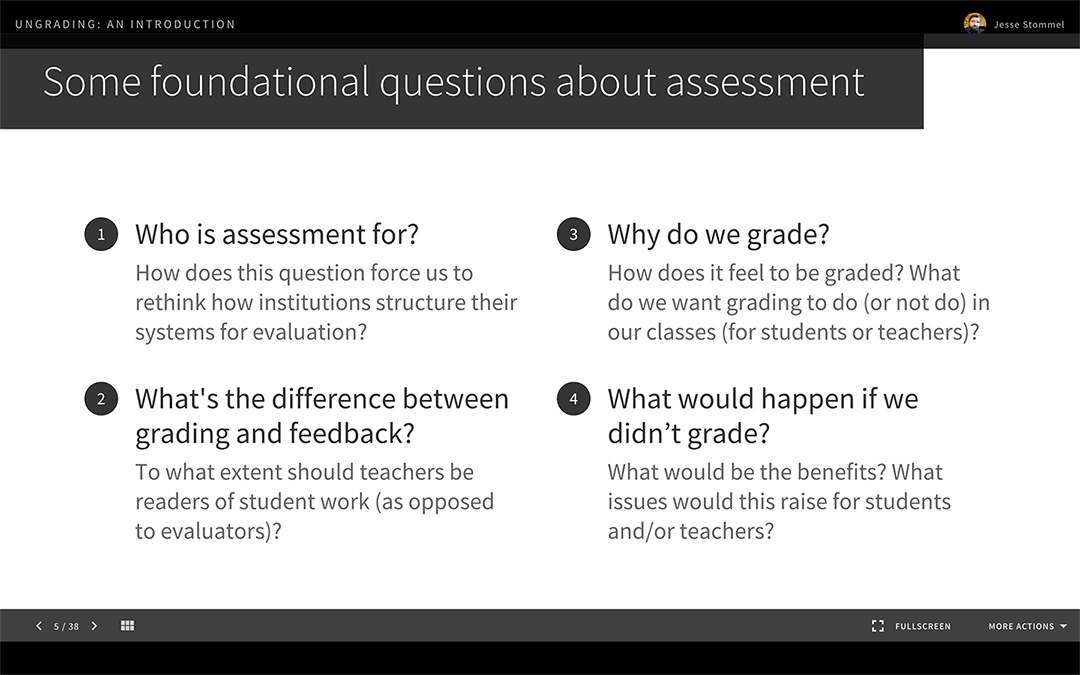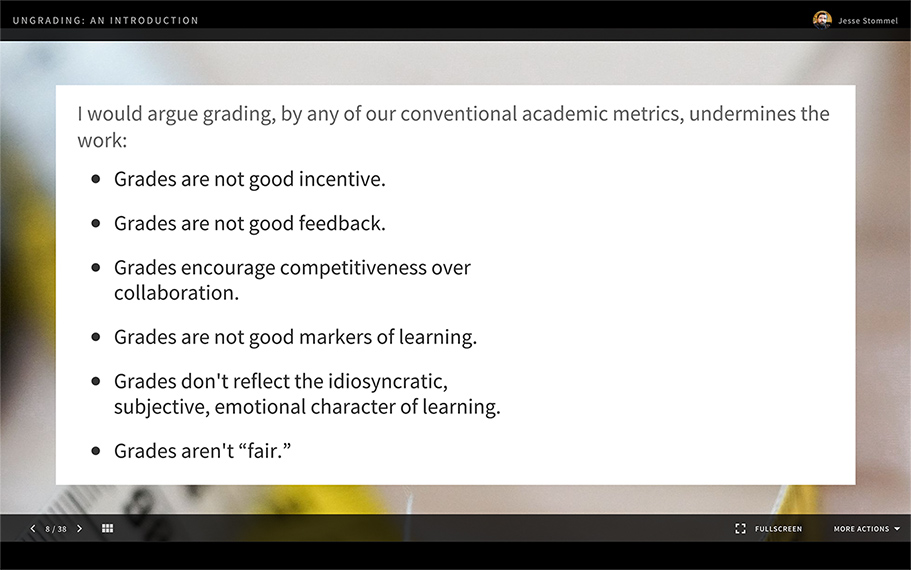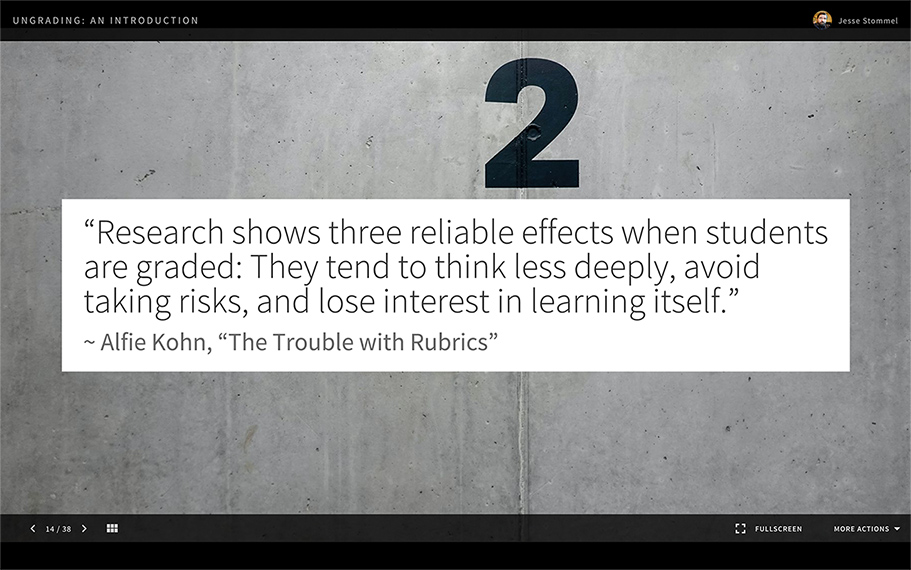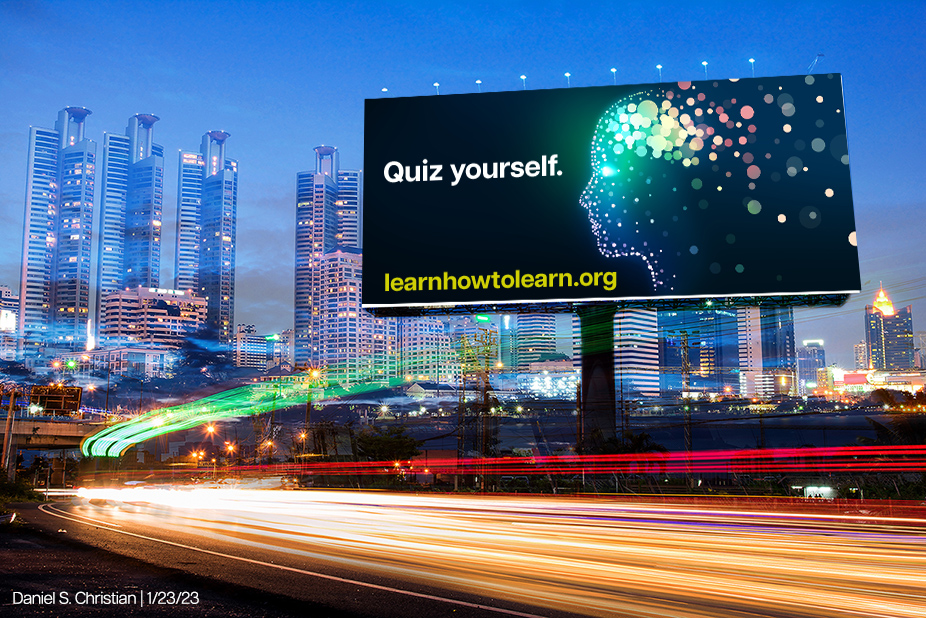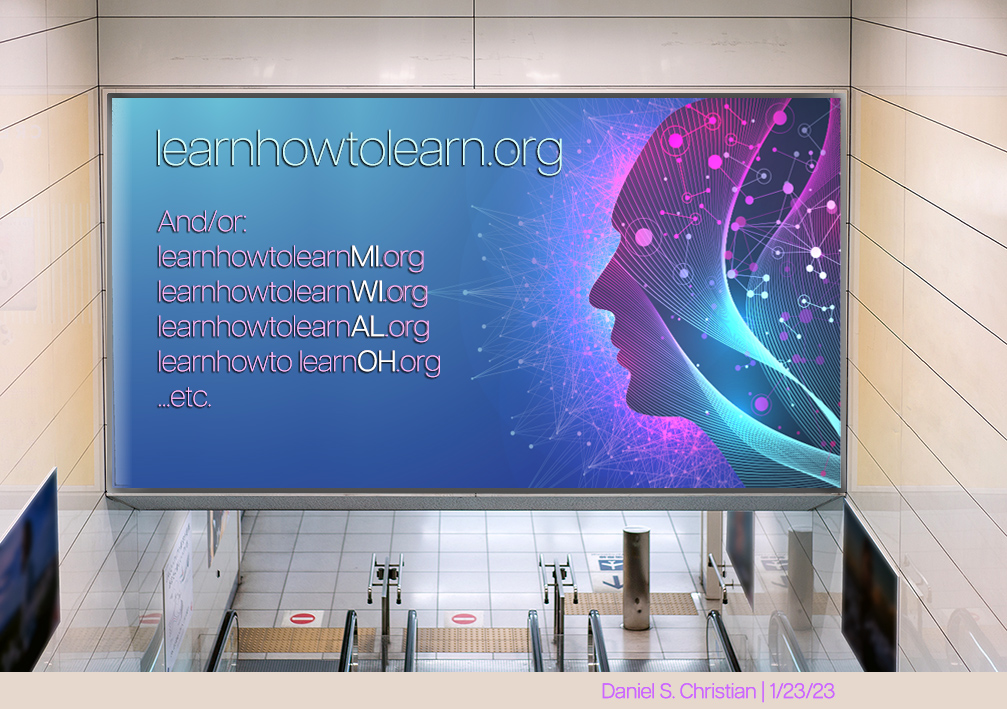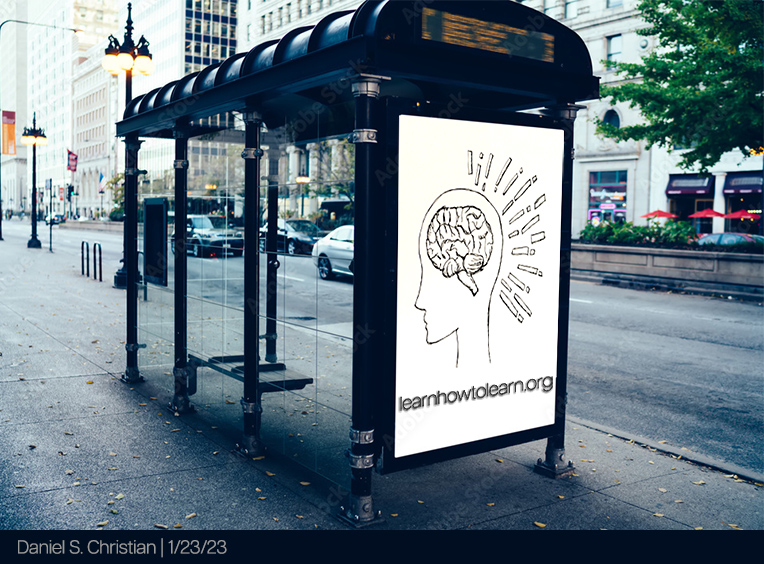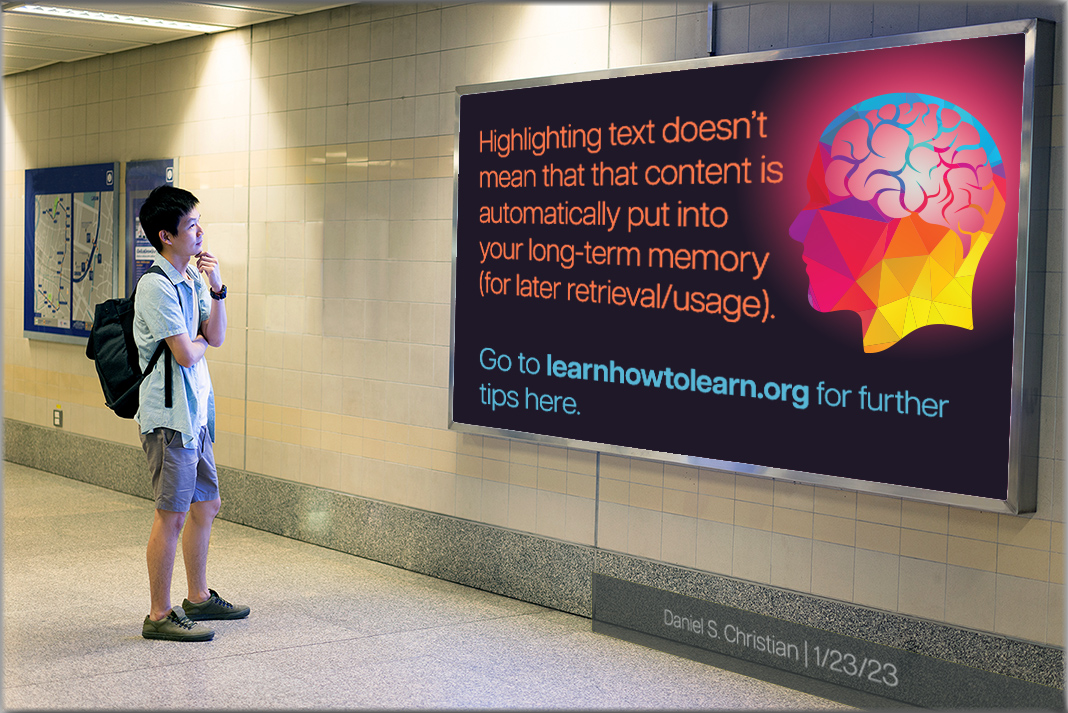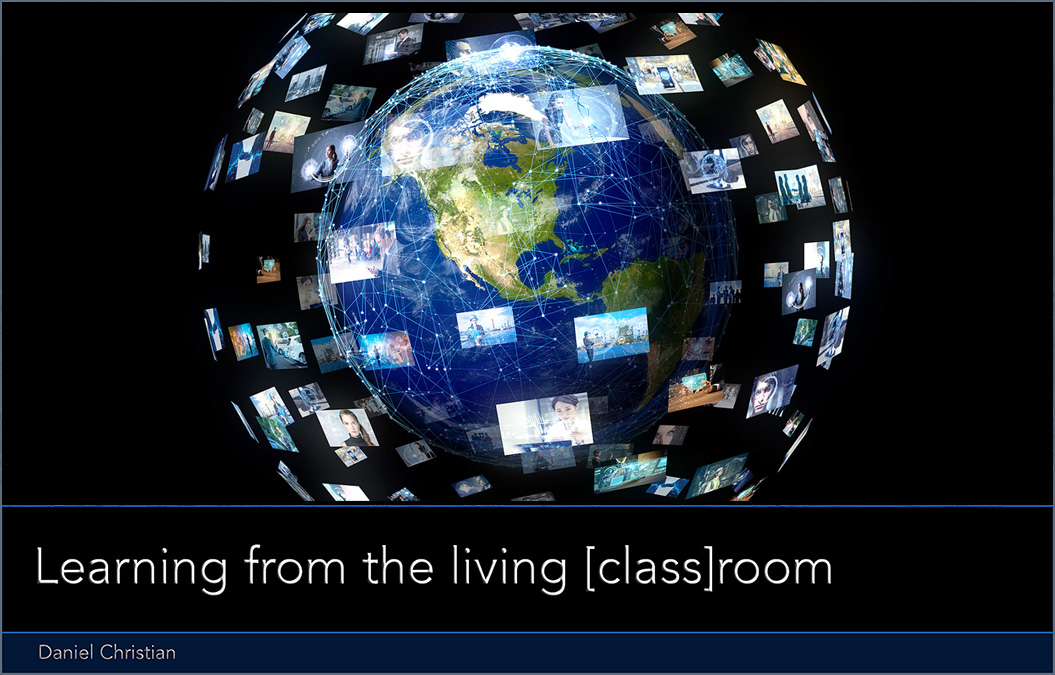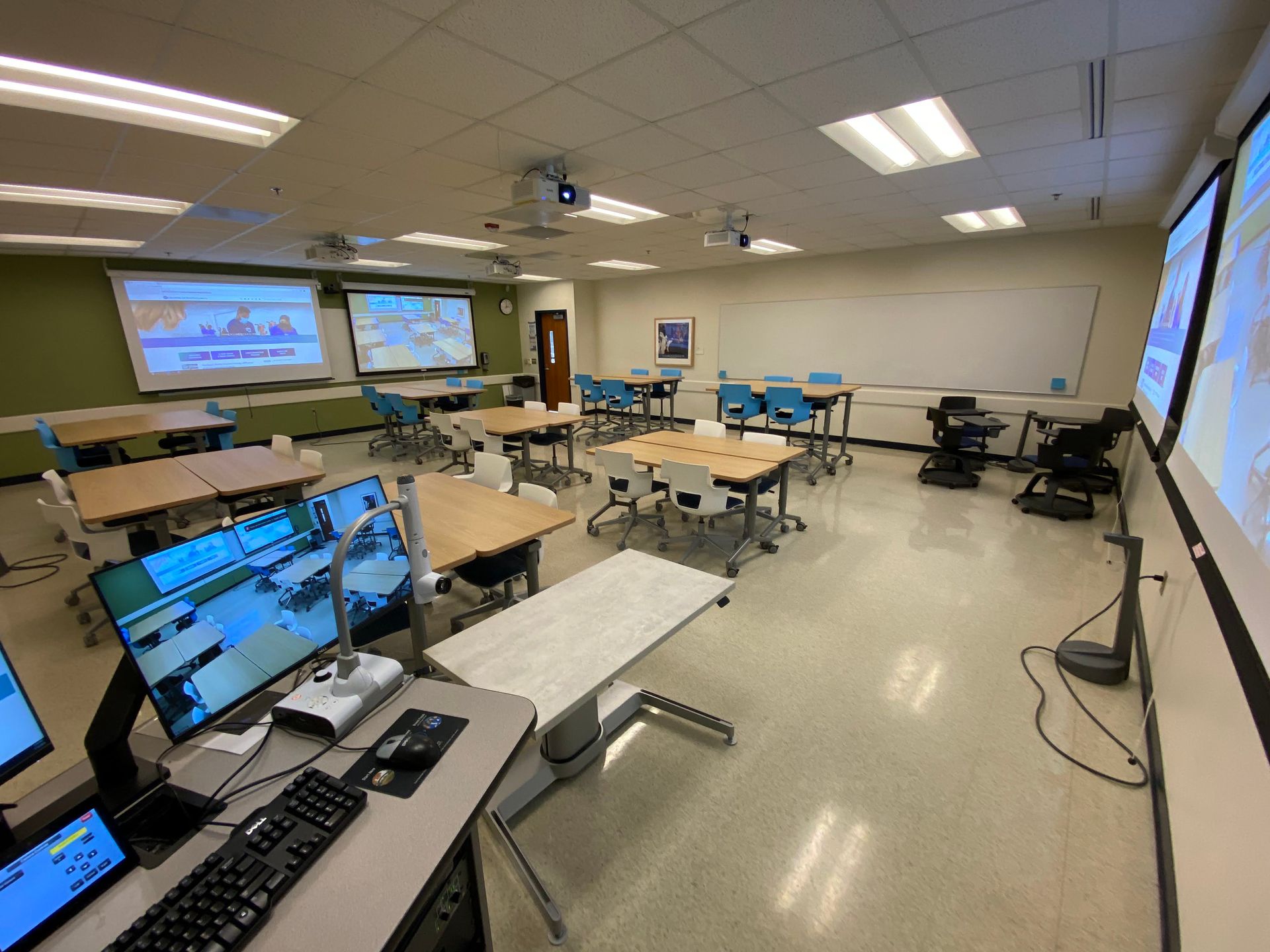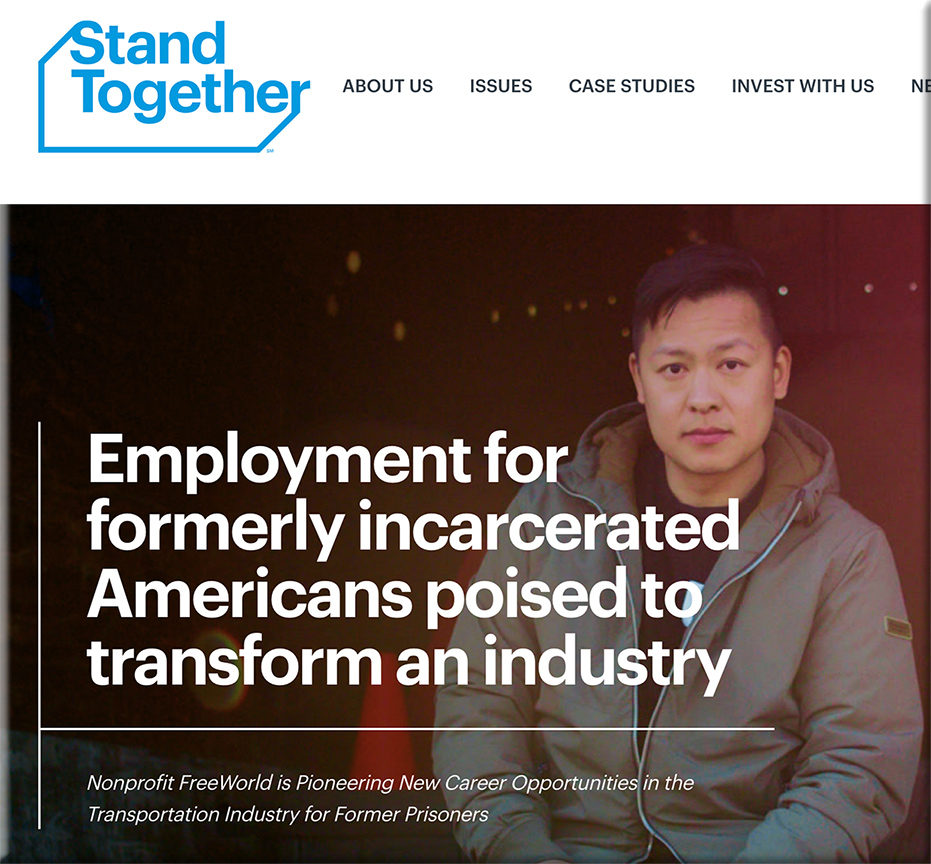Colleges consider overhauling grading system for freshmen to ease transition to higher learning — from mercurynews.com by Kate Hull
Supporters say ‘ungrading’ could result in less stress and a more level playing field for students from less rigorous high schools
Excerpt:
Dubbed “weed-out” or “gatekeeper” classes, they can be dream-crushing for many students — especially those hoping to enter the science, technology, engineering and math (STEM) fields. And a growing body of research says the courses can be particularly discriminatory toward historically excluded groups such as Latinos and Black and Indigenous people.
One possible remedy, some educators say, is “ungrading,” a style of teaching and assessment that seeks to evaluate students in other ways besides A-F letter grades — usually just in their freshman year.
“You’re trying to move the focus from a score to the learning,” said Robin Dunkin, who teaches biology and is the assistant faculty director at UCSC’s Center for Innovations in Teaching and Learning. “For that reason, it’s immensely powerful.”
Also relevant see the #Ungrading hashtag on Twitter, from which the below item was taken:
Any educators out there who are #ungrading in a standards-based grading school district? I’ve been studying @Jessifer’s work for a bit & I’d love to go full-implementation next year.
If you have any experience, let me know. I’d love to pick your brain! https://t.co/ClnwZsBdl9
— Adrian Neibauer, EdD (@MrNeibauer) January 25, 2023
Excerpts from Jesse Stommel’s Ungrading: an Introduction presentation:
Also relevant/see Robert Talbert’s Grading for Growth.









